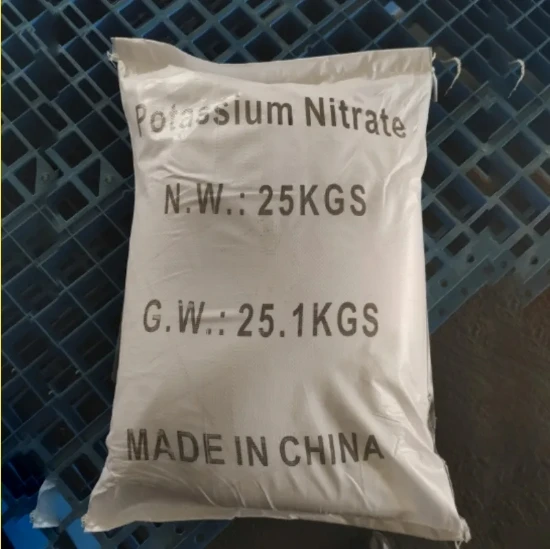
cyanide in gold mining
Cyanide in Gold Mining A Double-Edged Sword
Gold mining has long been a critical part of the global economy, driving wealth and development in myriad regions. However, the methods employed in extracting this precious metal have raised significant environmental and health concerns. One of the most widely used techniques involves cyanide, a highly toxic compound that plays a pivotal role in the gold extraction process known as cyanidation.
Cyanidation is a process that involves the use of sodium cyanide to dissolve gold from ore. This method has become popular due to its effectiveness; cyanide can extract gold from low-grade ores that other methods cannot economically process. The solution is applied to finely crushed ore, allowing the gold to be leached into the solution. Once the gold has dissolved, it is retrieved through various means, including carbon adsorption and electro-winning. Despite its efficiency, the use of cyanide in gold mining presents serious challenges.
One major concern is the environmental impact of cyanide use. The mining process can result in significant cyanide contamination of the surrounding ecosystem if not managed properly. Cyanide solutions can leach into the groundwater or spill into nearby rivers and streams, posing a risk to local wildlife and human populations. Cases of cyanide spills have been reported in several countries, leading to devastating effects on aquatic life and degraded water quality. Legal regulations, while in place in many regions, are often inadequate or poorly enforced, increasing the potential for ecological disasters.
Health risks associated with cyanide exposure are another critical concern. Workers in gold mining operations may face exposure to cyanide through inhalation, skin contact, or ingestion. Acute cyanide poisoning can occur, leading to symptoms such as headache, nausea, and even death in severe cases. Chronic exposure to lower levels of cyanide can have long-term health effects, including respiratory issues, cardiovascular problems, and neurological damage. As a result, the health and safety of miners and surrounding communities must be prioritized by mining companies.
cyanide in gold mining

In response to growing concerns over cyanide, some mining operations have sought alternative methods for gold extraction. One such method is the use of thiosulfate, which poses a significantly lower environmental risk. Other innovations include bioleaching and gravity separation, which extract gold using environmentally friendly processes that minimize health risks. However, these alternatives often come with their own set of challenges, including higher costs and lower efficiency compared to traditional cyanidation.
Public opposition to cyanide use in gold mining has increased, prompting various stakeholders to advocate for stricter regulations. For instance, some countries have banned the use of cyanide in mining altogether, while others have implemented strict guidelines governing its use. These legislative measures reflect a growing recognition of the need for sustainable mining practices that balance economic interests with environmental and social responsibilities.
The debate surrounding cyanide in gold mining is emblematic of larger tensions in the industry. On one hand, gold remains a valuable commodity, vital for everything from electronics to jewelry. On the other hand, the ecological and health costs associated with its extraction are becoming increasingly untenable. Companies that fail to adapt to new environmental standards risk facing backlash from both activists and consumers, who are increasingly prioritizing sustainability in their purchasing decisions.
In conclusion, while cyanide remains a mainstay in gold mining due to its efficiency, the associated risks cannot be overlooked. As the industry evolves, there is an urgent need for more responsible practices that prioritize the health of the environment and communities. The push for alternative methods and stricter regulatory measures indicates a collective effort towards sustainable gold mining. The challenge lies in balancing the economic benefits of gold mining with the imperative of protecting human health and the planet, a task that requires innovation, regulation, and ultimately, a change in mindset across the industry.
-
Pure Sodium Dichloroisocyanurate Dihydrate | Powerful DisinfectantNewsAug.29,2025
-
Industrial Chemicals: Quality & Purity for Every IndustryNewsAug.28,2025
-
Nitrile Rubber Honoring Strict Production StandardsNewsAug.22,2025
-
Aspartame Ingredients Honoring Food Safety ValuesNewsAug.22,2025
-
Fertilizer for Balanced Plant NutritionNewsAug.22,2025
-
Cyanide Gold Processing with High Purity AdditivesNewsAug.22,2025
-
Formic Acid in Textile Dyeing ApplicationsNewsAug.22,2025
Hebei Tenger Chemical Technology Co., Ltd. focuses on the chemical industry and is committed to the export service of chemical raw materials.
-

view more DiethanolisopropanolamineIn the ever-growing field of chemical solutions, diethanolisopropanolamine (DEIPA) stands out as a versatile and important compound. Due to its unique chemical structure and properties, DEIPA is of interest to various industries including construction, personal care, and agriculture. -

view more TriisopropanolamineTriisopropanolamine (TIPA) alkanol amine substance, is a kind of alcohol amine compound with amino and alcohol hydroxyl, and because of its molecules contains both amino and hydroxyl. -

view more Tetramethyl Thiuram DisulfideTetramethyl thiuram disulfide, also known as TMTD, is a white to light-yellow powder with a distinct sulfur-like odor. It is soluble in organic solvents such as benzene, acetone, and ethyl acetate, making it highly versatile for use in different formulations. TMTD is known for its excellent vulcanization acceleration properties, which makes it a key ingredient in the production of rubber products. Additionally, it acts as an effective fungicide and bactericide, making it valuable in agricultural applications. Its high purity and stability ensure consistent performance, making it a preferred choice for manufacturers across various industries.





